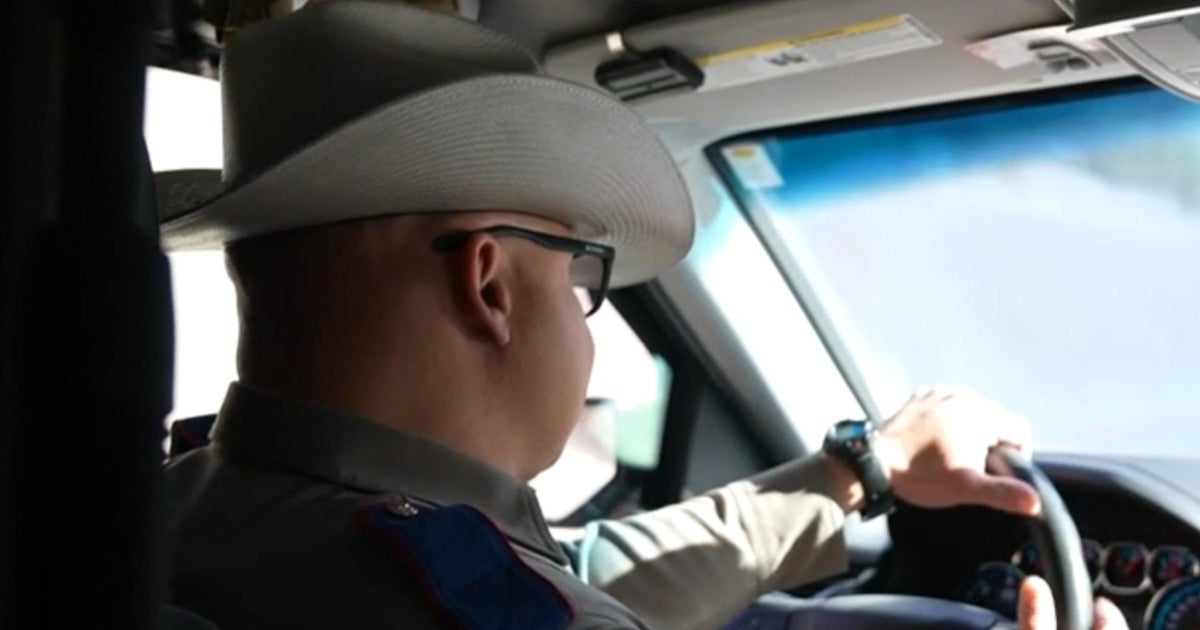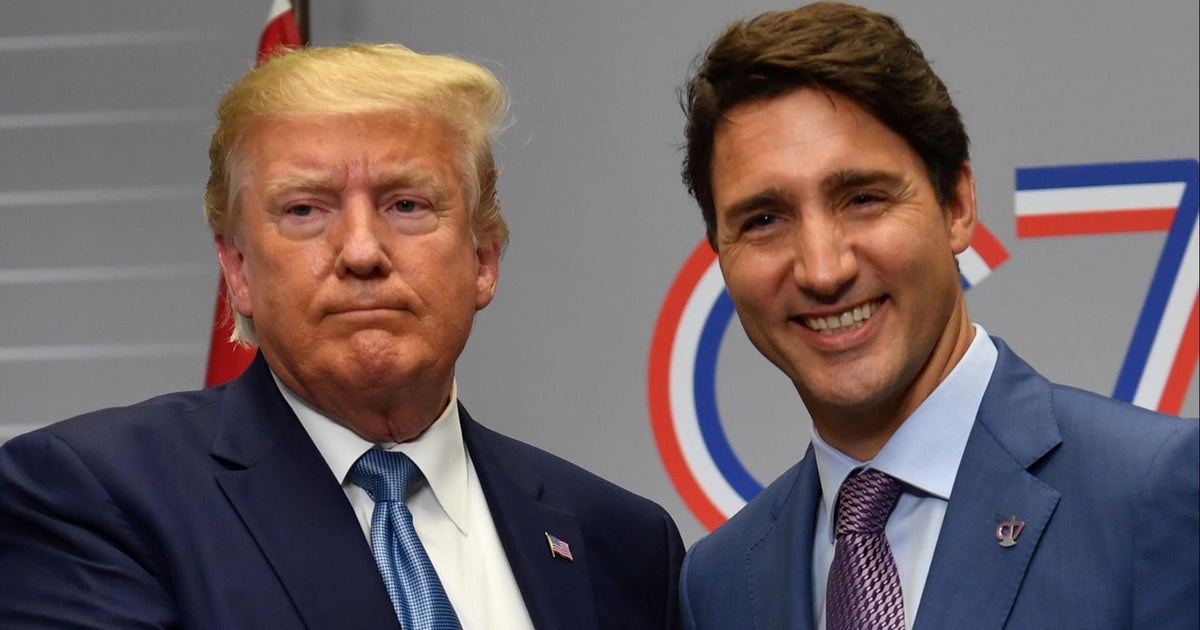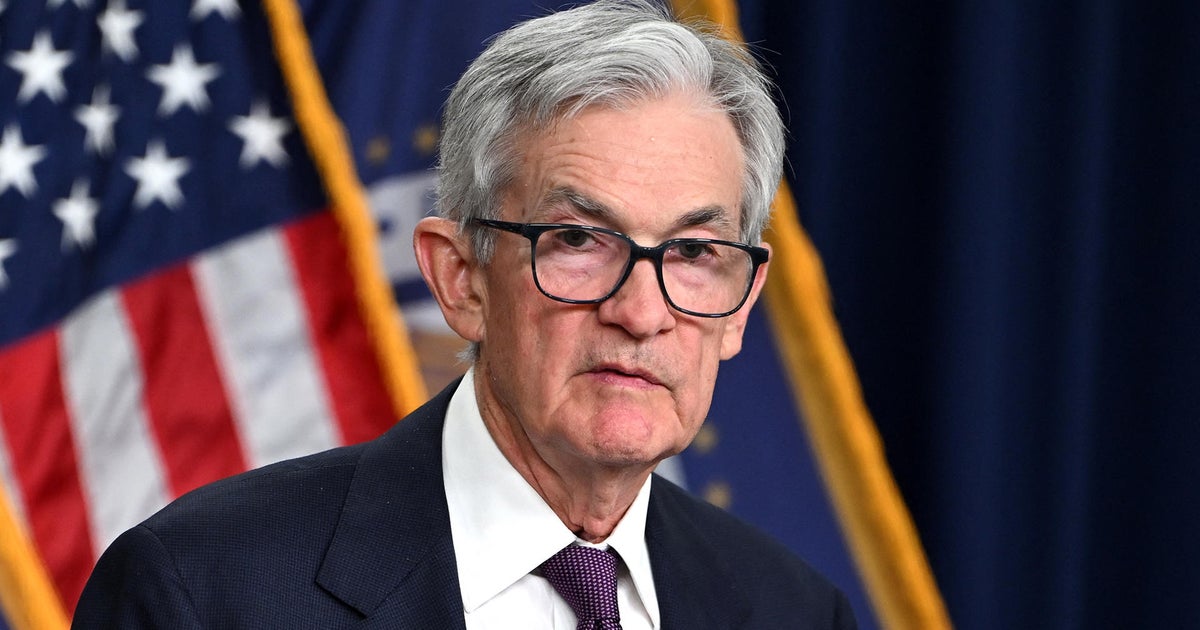CBS News
Can Puerto Rico vote in U.S. presidential elections? What to know amid backlash from Trump rally comment
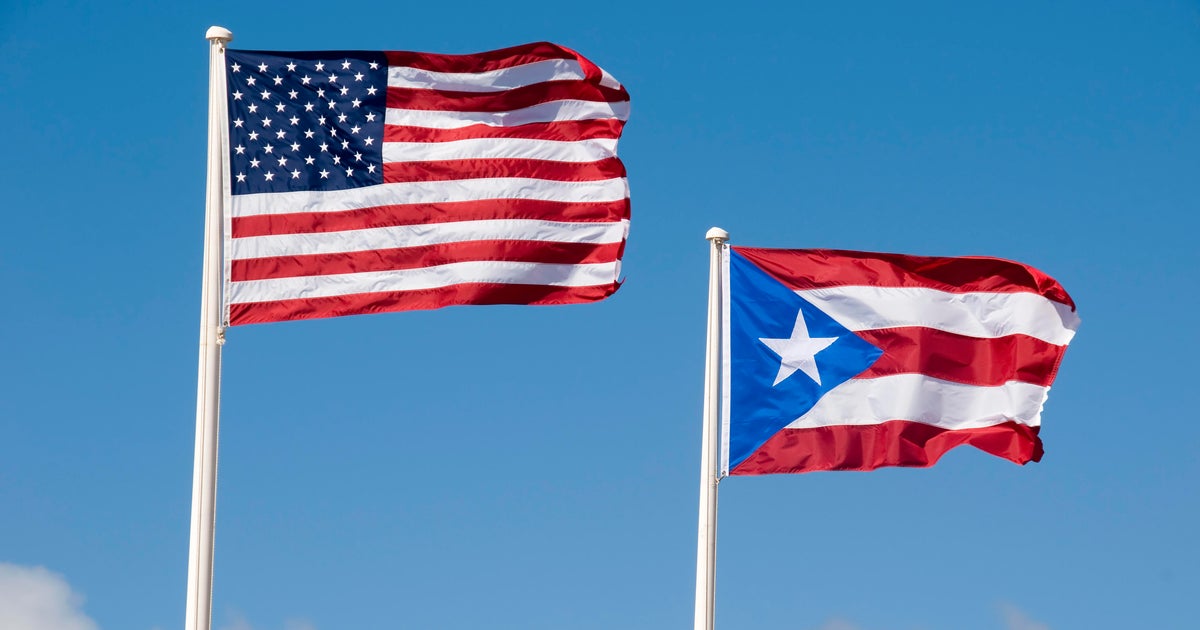
Washington — Voters in Puerto Rico who are angered by an offensive remark about the island at former President Donald Trump’s campaign rally at Madison Square Garden in New York on Sunday have little recourse because residents of the territory cannot vote in the presidential election.
But there are millions of Puerto Ricans living in one of the 50 states who are eligible to vote. According to the Pew Research Center, Puerto Ricans make up the second-largest Hispanic voting group, with nearly 6 million voters living in the mainland U.S. as of 2021. Pennsylvania in particular has a sizable Puerto Rican population whose votes could make a difference in the battleground state.
Days before Election Day, Trump’s campaign is trying to distance itself from comedian Tony Hinchcliffe who made several racist and crude insults toward minorities at the rally, including calling Puerto Rico a “floating island of garbage.”
Can Puerto Ricans vote in U.S. presidential elections?
There are 3.4 million residents living on the island of Puerto Rico, according to the 2020 Census. Those residents of Puerto Rico are not permitted to vote in presidential elections, though they’re U.S. citizens and can participate in the Republican and Democratic presidential primaries.
Puerto Ricans can vote in federal elections if they live in one of the 50 states or Washington, D.C., and are registered to vote.
What did Tony Hinchcliffe say about Puerto Rico at the Trump rally?
Racist jokes made by comedian Tony Hinchcliffe, who goes by the stage name Kill Tony, overshadowed what was supposed to be Trump’s closing message.
“I don’t know if you guys know this, but there’s literally a floating island of garbage in the middle of the ocean right now. I think it’s called Puerto Rico,” Hinchcliffe said.
Trump’s campaign said Hinchcliffe’s jokes, which also included offensive jokes about Black people and Latinos, were not pre-approved or reviewed by the campaign.
“This joke does not reflect the views of President Trump or the campaign,” senior adviser Danielle Alvarez said in a statement.
Why isn’t Puerto Rico a state?
There’s been a yearslong debate over the status of Puerto Rico, which became a U.S. territory in 1898 after Spain ceded it to the U.S. following the Spanish-American War.
Congress has been reluctant to give Puerto Rico statehood because of the potential economic costs, as well as concerns about how it would change the balance of power in Washington.
If it became a state, two senators would be added to the Senate and it would receive proportional representation in the House.
Puerto Rico has held a series of nonbonding votes on its relationship with the U.S., most recently in 2020 in which more than half of voters said the island should be granted statehood.
What other U.S. territories are excluded from presidential elections?
Like Puerto Rico, residents of these U.S. territories cannot vote in presidential elections: American Samoa, Guam, the Northern Mariana Islands and the U.S. Virgin Islands.
Except for residents of American Samoa, those born in the other four American territories are U.S. citizens and can vote in federal elections if they live in one of the 50 states or Washington, D.C. Residents of American Samoa, who are U.S. nationals, are not eligible to vote in federal elections even if they live in one of the states.
CBS News
A look inside the U.S.-Mexico border

Watch CBS News
Be the first to know
Get browser notifications for breaking news, live events, and exclusive reporting.
CBS News
New details of notorious Captagon drug trade exposed with collapse of Syria’s Assad regime
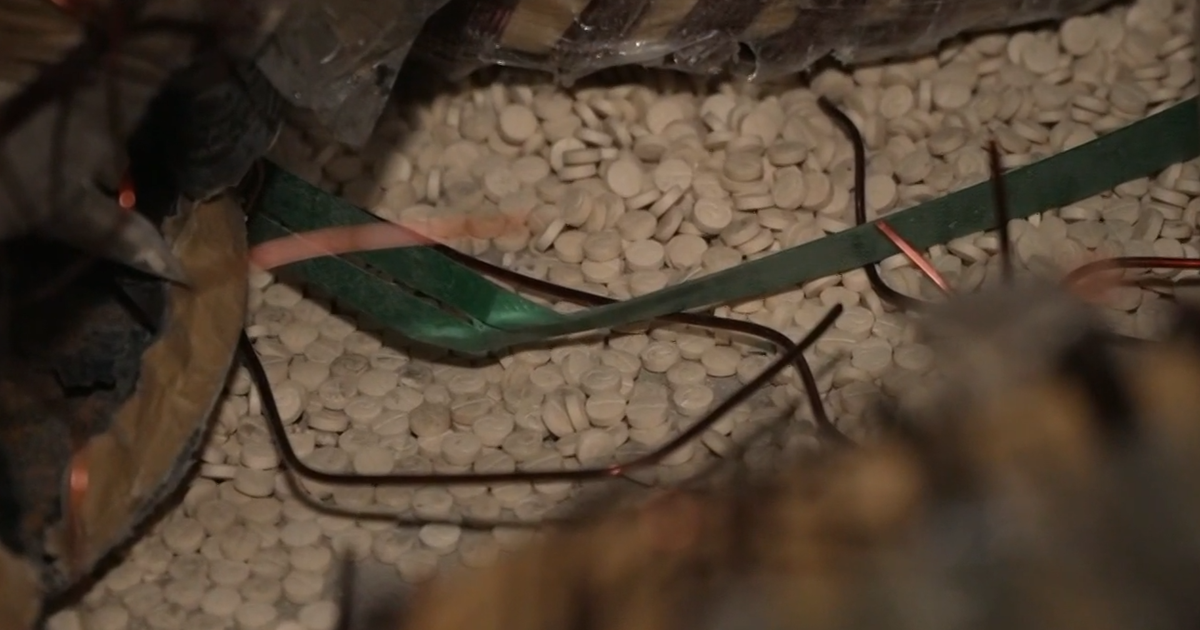
Damascus — In a remote corner outside Damascus, a now abandoned potato chip factory has shone a light on one of the ousted Bashar al-Assad regime’s many dark, but open secrets.
A CBS News team gained access to the site, finding a storeroom lined with hydrochloric acid and acetic acid on an industrial scale, which are precursor chemicals needed to make Captagon, one of the most popular street drugs in the Middle East and beyond.
Ahmed Abu Yakin is with Syria’s Hayat Tahrir al-Sham, or HTS, one of the main groups in charge of the country after Assad fled on Dec. 8. Yakin says this massive underground stash of Captagon was found just days after the rebel group’s takeover. The pills stuffed into large stacks of household volt regulator kits ready for shipment.
Often referred to as “poor man’s cocaine,” Captagon is a highly addictive amphetamine-type stimulant.
“We feel bad for the young people who were addicted to it,” Yakin said. “The Assad regime was destroying a generation and couldn’t care less. They only cared about making money.”
And that money is staggering. Analysts estimate the Assad regime raked in $5 billion per year from the trade, dwarfing Syria’s official budget and making it a vital lifeline for the bankrupted state. The drug costs just pennies to make but can sell for up to $20 for a single tablet. The haul seen at the abandoned factory is potentially worth tens of millions of dollars.
For years, neighboring countries accused Assad’s Syria of being the world’s main supplier of the illegal drug. In March 2023, the U.S. Treasury Department sanctioned several Syrians for their alleged involvement in the “dangerous amphetamine”, including two of Assad’s cousins.
“Syria has become a global leader in the production of the highly addictive Captagon, much of which is trafficked through Lebanon,” said Andrea Gacki at the time, who was then-director of the Treasury Department’s Office of Foreign Assets Control. “With our allies, we will hold accountable those who support Bashar al-Assad’s regime with illicit drug revenue and other financial means that enable the regime’s continued repression of the Syrian people.”
Now, his wildly lucrative drug business appears to have been crushed, along with his brutal and corrupt regime. For Yakin, Captagon has no place in Syria’s future.
“We will destroy it all,” Yakin said. “We will eliminate anything that has to do with drugs, and anything that has to do with the criminal Assad regime.”
CBS News
Luigi Mangione’s lawyer says he plans to waive extradition to New York

Watch CBS News
Be the first to know
Get browser notifications for breaking news, live events, and exclusive reporting.


